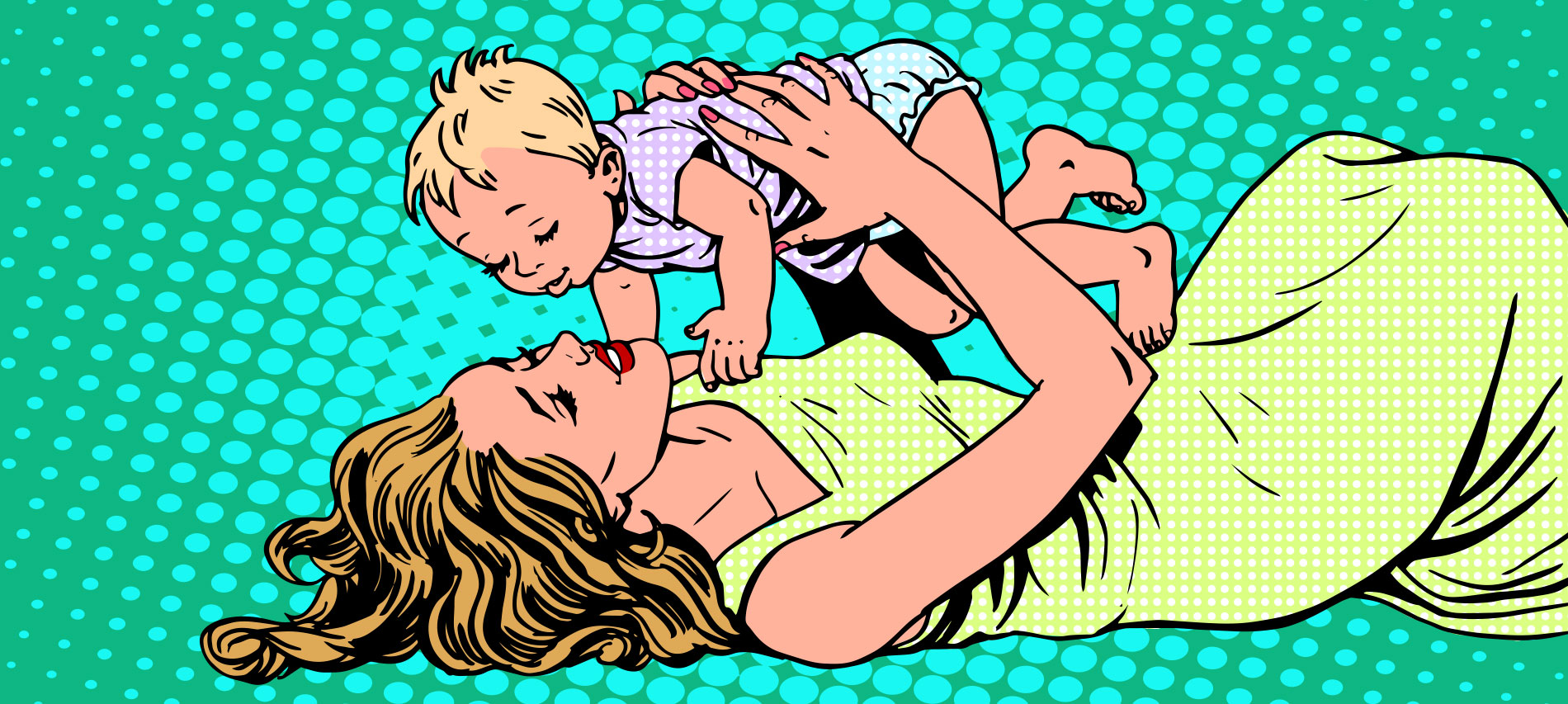Happy Mother’s Day to all the incredible moms out there! As we celebrate the remarkable women who have filled our lives with love and wisdom, what better way to honor them than with the gift of a good book? Check out this thoughtfully curated collection, handpicked to bring joy and inspiration to the special women in our lives. From stories of resilience to adventures of self-discovery, these books are the perfect way to show gratitude and appreciation on this meaningful day!
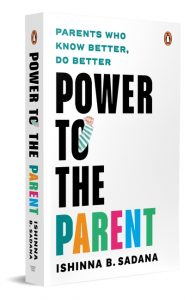
Through Power to the Parent, Dr Ishinna B. Sadana talks to parents to understand their most vulnerable doubts and fears, provides them with a safe space without judgement or preconceived notions, empowers them to deal with their children in different situations and connects with them in a positive way.
Using Dr Ishinna’s practical ways of dealing with kids, many parents have seen transformational results in their relationship with their children. She writes with clarity and simplicity, using real-life examples and case studies so that parents can start applying the lessons they take from the book immediately and see the changes.
Ultimately, Power to the Parent enables parents everywhere not only to raise happy and resilient children, but also to become happier and more confident parents.
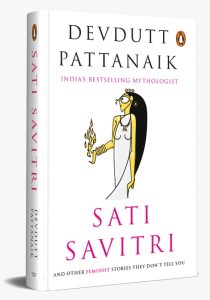
Manu said that a woman’s dharma is to be mother, daughter, sister and wife in service of men, regardless of the caste. In modern times we call this patriarchy. In the Veda, the need to control and favour hierarchy, is an expression of an anxious mind.
Hindu, Buddhist and Jain lore is full of tales where women do not let men define their dharma. In modern times we call this feminism. In the Veda, the acceptance of a woman’s choice is an expression of a wise and secure mind.
While in Western myth, patriarchy is traditional and feminism is progressive, in Indian myth both patriarchy and feminism have always co-existed, in eternal tension, through endless cycles of rebirth. Liberation thus is not a foreign idea. It has always been here.
You have heard tales of patriarchy. This book tells you the other tales—the ones they don’t tell you.
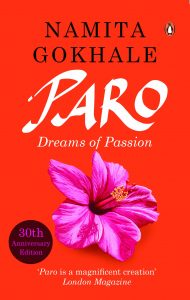
First published in 1984, to both notoriety and critical acclaim, Paro remains a social comedy without parallel in contemporary Indian writing.
Paro, heroic temptress, glides like an exotic bird of prey through the world of privilege and Scotch that the rich of Bombay and Delhi inhabit. She is observed closely by the acid Priya, voyeur and obsessive diarist, who lost her heart to the sewing machine magnate BR, and then BR to Paro. But he is merely one among a string of admirers. Paro has seduced many: Lenin, the Marxist son of a cabinet minister; the fat and sinister Shambhu Nath Mishra, Congress Party éminence
grise; Bucky Bhandpur, test cricketer and scion of a princely family; Loukas Leoras, a homosexual Greek film director; and, very nearly, Suresh, the lawyer on the make whom Priya has married . . .
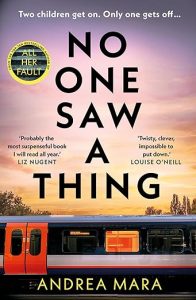
No one saw it happen.
You stand on a crowded tube platform in London. Your two little girls jump on the train ahead of you. As you try to join them, the doors slide shut and the train moves away, leaving you behind.
Everyone is lying.
By the time you get to the next stop, you’ve convinced yourself that everything will be fine. But you soon start to panic, because there aren’t two children waiting for you on the platform. There’s only one.
Someone is to blame.
Has your other daughter got lost? Been taken by a passing stranger? Or perhaps the culprit is closer to home than you think? No one is telling the truth, and the longer the search continues, the harder she will be to find…
Everyone is talking about No One Saw a Thing:
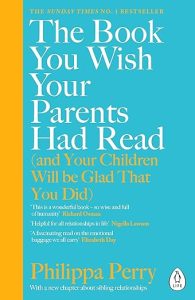
How can we have better relationships?
In this Sunday Times bestseller, leading psychotherapist Philippa Perry reveals the vital do’s and don’ts of relationships. This is a book for us all. Whether you are interested in understanding how your upbringing has shaped you, looking to handle your child’s feelings or wishing to support your partner, you will find indispensable information and realistic tips in these pages. Philippa Perry’s sane, sage and judgement-free advice is an essential resource on how to have the best possible relationships with the people who matter to you most.
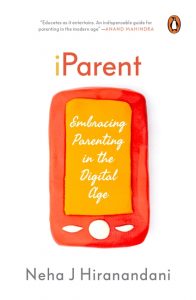
Born into a digital wonderland, our children are practically mini hackers right from the crib! Most of them were handed a device before they could walk, they clicked before they took their first bite and scrolled before they said their first words. But living online is a giant uncontrolled experiment. Cyberbullying, Internet addiction, body dysmorphia and other digital villains lurk in the shadows. How can parents ensure their kids navigate the digital world safely when there’s no rulebook?
Neha J Hiranandani’s iParent comes to the rescue! This book decodes India’s app generation and elevates the discussion beyond ‘these kids and their phones!’ Based on research, candid conversations and personal reflection, this timely book is a witty meditation on parenting in a digital world. Hilarious and informative in equal measure, iParent empowers you to connect with the new generation and guide them to cyber-safety without being a helicopter parent. No judgement, no preaching.
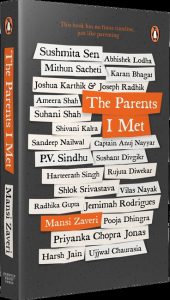
Featuring interviews conducted by Mansi Zaveri, the founder of the award-winning parenting platform Kidsstoppress.com, The Parents I Met is an anthology of her authentic conversations with parents of successful individuals who made it big against all odds. What was it that they did right while raising their kids to create the person their child is today? This is what she set out to find.
The challenges faced by each new generation may be unique, but the fundamental principles to overcome them remain the same. We hope that in these stories, you will find answers, advice or simply validation.
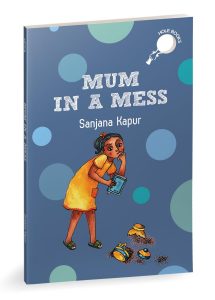
When Mum breaks a coffee jar, it does not seem like a big deal. But then, Mum starts acting very strangely. What is Vishi to do?
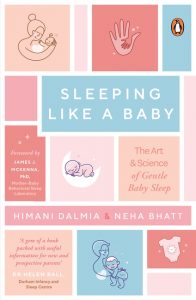
Sleeping Like a Baby serves as the ultimate bedside companion for parents, packed with all the modern tools you need to build a stronger connection with your children and enable age-appropriate sleep for their optimum growth. The book does the seemingly impossible: blending traditional wisdom and the latest research, it gives us a revolutionary approach to achieve longer naps, better night sleep with fewer wakings, a happier baby and more joy and rest as a family, without resorting to fraught practices like ‘sleep training’.

In Finding Your Balance, gynaecologist Dr Nozer Sheriar and macrobiotic nutritionist Shonali Sabherwal combine their expertise into an empowering manual on navigating the (peri)menopause. Mixing personal journeys with professional knowledge, this book distils medical jargon into bite-sized, accessible knowledge that will enable women to make informed decisions on their health. Moreover, it guides the reader on to a holistic path that addresses how emotional states and lifestyles can influence the perimenopause.
Packed with information, Finding Your Balance is the best friend every woman needs.
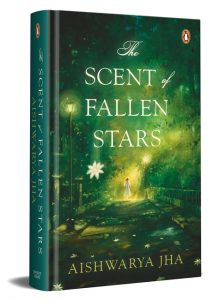
In 1995, thirty-six-year-old Will arrives in newly liberalized India. Smarting from the collapse of his academic dreams, he finds little fulfilment in his well-paying telecommunications job or the social confines of New Delhi’s expat community.
One monsoon night, he encounters young, enigmatic Leela, who blazes into his world and unleashes a storm of passion and devastation that will alter it forever.
Twenty-three years later, Aria lands in the city on a quest to find the mother whom she believed to be dead. Estranged from her convalescing father, her journey leads her to unravel the mysteries of her parents’ story and her mother’s life—from her childhood in an orphanage to a doomed love affair and finally, the remote shores of asceticism.
As she searches for answers and a sense of belonging, Aria stumbles upon lost worlds, haunting memories, and the explosive secret that torpedoed her father’s life, the reverberations of which will be cataclysmic for her own.
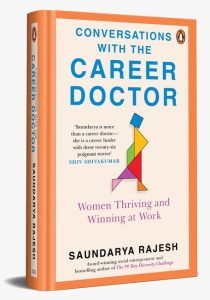
India ranks among the bottom end of countries when it comes to women’s participation in the workforce, as per research conducted by the International Labour Organization and other reputed institutions. Despite pushing gender inclusion to the forefront and making considerable progress, it is clear that Indian women don’t have it easy today. Conversations with the Career Doctor is a ready-reckoner that women can refer to whenever they are confronted with a challenge. It provides a powerful toolkit for every Indian woman professional to lead a strong, secure and successful career.
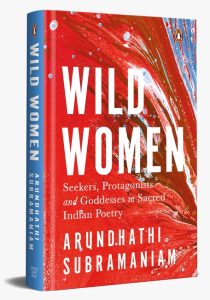
In this anthology of sacred poetry that arrives after the much-loved book, Eating God, Arundhathi Subramaniam weaves together haunting voices of, by and for women across the Indian subcontinent. Here is a lineage of audacious woman-centred spirituality that traverses the poetry of ancient Buddhist nuns,
Bhakti and Sufi mystics, tantrikas and Vedantins. There are women here, and men singing as women, and both raising their voices in praise of the sacred feminine. Brought to us through translation, these poems surprise with how intimately familiar their ravenous yearnings and ecstatic freedoms are. Wild Women invites us to reclaim an explosive inheritance of female power, rapture and wisdom.
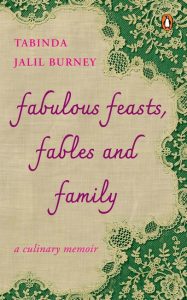
Deeply personal and intimate, this absolutely magical culinary memoir by Tabinda Jalil-Burney combines recipes and memories from the idyllic summers of her childhood which she spent with her grandparents in Aligarh. There, presided over by Amma—her formidable grandmother—the extended clan gathered and as the women concocted delicious dishes, they exchanged family stories and lore, embroidered, knitted and crocheted, while the children played games free of distractions.
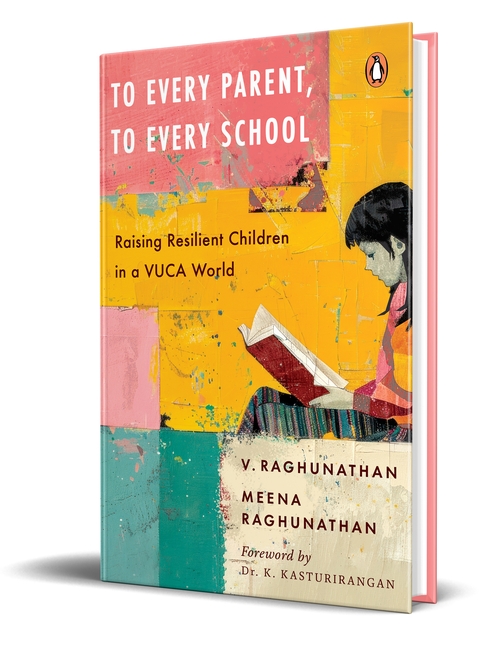
To Every Parent, To Every School addresses the challenges posed by our swiftly changing VUCA (volatile, uncertain, complex, and ambiguous) world. It goes beyond mere knowledge acquisition or curriculum revisions, which are necessary and continuous processes; nor is it about swapping topics in and out of curricula. While these adjustments are necessary, they aren’t sufficient. What is crucial is empowering our children with the capacity to anticipate and adapt to rapid changes as they occur.







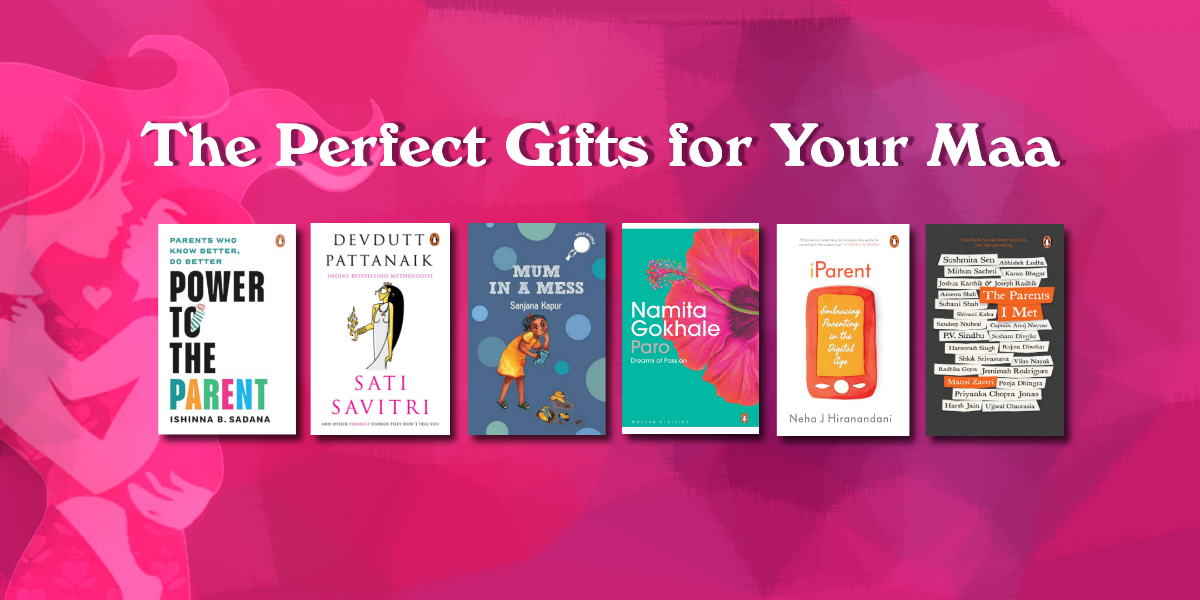


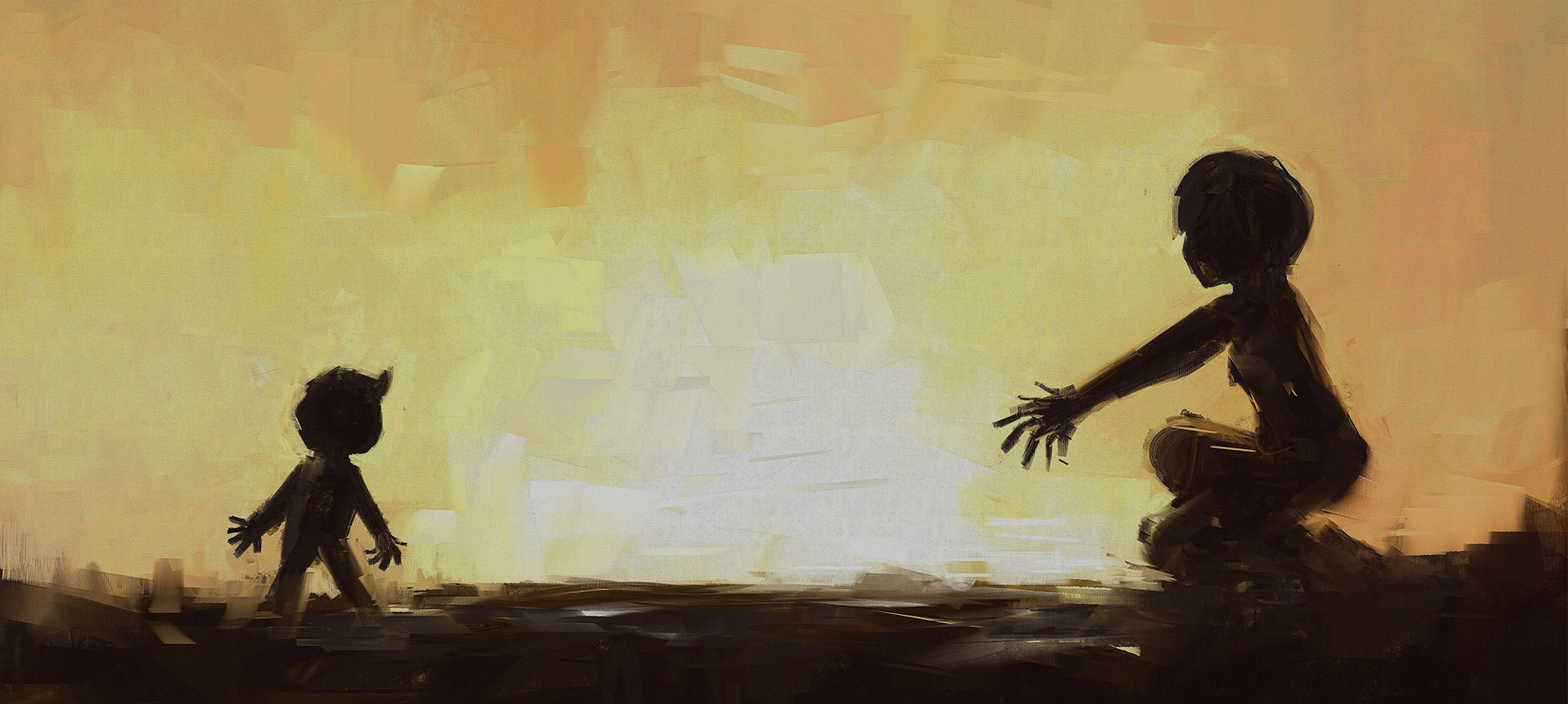

 Her smile did hug us!
Her smile did hug us! Just like the Runaway Bunny’s mum.
Just like the Runaway Bunny’s mum. Bliss.
Bliss. 